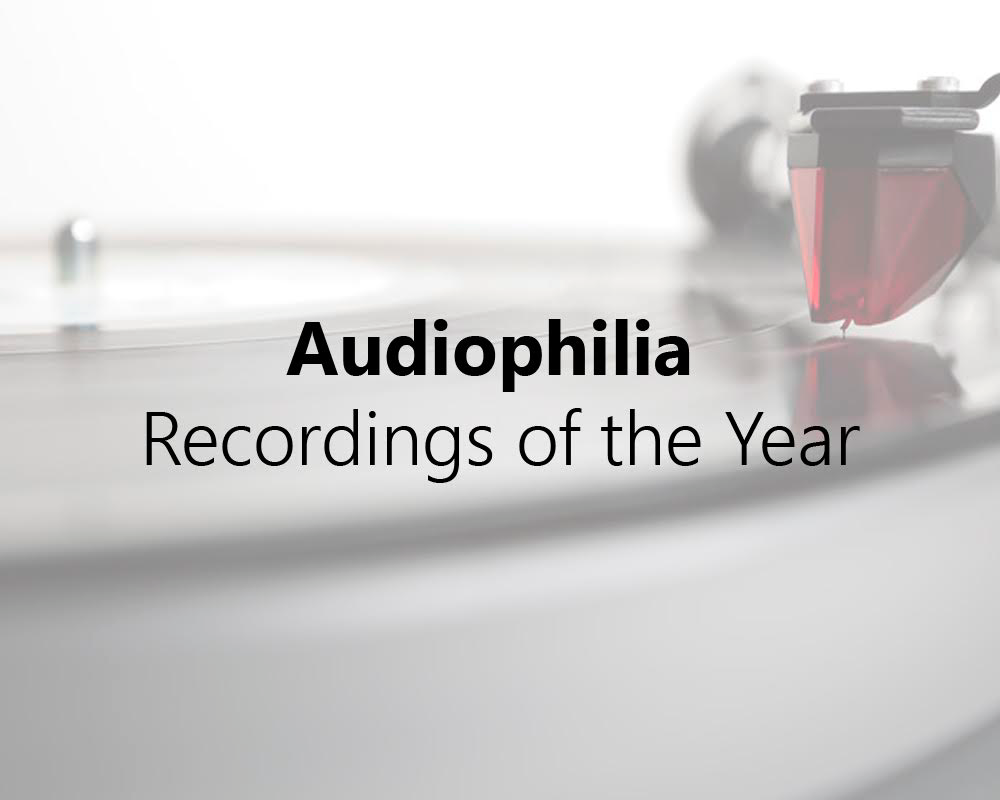Streaming the Classics/The Firebird—Stravinsky
Do you ever type a streaming query in Roon for a classical work and are overwhelmed by the choices? Rather than clicking on any old recording or the first one you see, Audiophilia will make things a little easier for you and do the heavy listening.
These choices are for streaming only. Is the best in streaming also the best vinyl recording and performance? That’s for another article.
A few criteria:
Recording must be on Qobuz and/or Tidal HiFi.
It does not have to be HiRes or MQA.
No more than ten recommendations in no particular order, then my top three for streaming in order of preference.
This post is for the complete 1910 ballet, not Stravinsky’s concert-friendly The Firebird Suite.
My ten choices for the full ballet in no particular order are:
London Symphony/Dorati
Montreal Symphony/Dutoit
Los Angeles Philharmonic/Dudamel
Columbia Symphony/Stravinsky
Philharmonia Orchestra/Esa-Pekka Salonen
Royal Liverpool Philharmonic/Vasily Petrenko
Concertgebouw Orchestra/Colin Davis
Boston Symphony/Seiji Ozawa
Orchestre de Paris/Seiji Ozawa
Chicago Symphony Orchestra/Pierre Boulez
The Firebird was written when Stravinsky was 27 years old. Diaghilev, the noted ballet impresario, wanted repertoire for his Paris-based Ballet Russe and he turned to Stravinsky on a recommendation from the young composer’s teacher, Rimsky-Korsakov.
And he was in a panic.
Two composers had let him down, Lyadov and Tcherepnin, and Stravinsky took over the commission and produced the fifty minute masterpiece in a mere six weeks!
Young Igor followed up with two more ballet scores, Petrushka and The Rite of Spring, both up coming in this series. The Firebird is easily the most challenging technically of the three, with very difficult ensemble and tricky solos. Much of the ballet score is on audition list repertoire. As a flutist, I know it scares the hell out of me.
The orchestras listed play the score with apparent ease and many of them have very distinguished soloists filling the principal chairs. Blindly point your finger at the list and you’re bound to hit a winner.
The differences are not so much in the interpretation—the expression and tempo markings are so explicit by Stravinsky, the piece can almost play itself. No, a conductor has to maintain rhythmic clarity and precision, but more, impart his/her desired flavour: Sexy, dreamy; pagan Russia; flirtatious dance; straight ahead love story; fairy tale—whatever grabs your fancy. Any, or a combination can work.
Stravinsky was a very fine conductor, much like his English contemporary Benjamin Britten or present-day composers Thomas Ades, Sir George Benjamin and John Adams.
The Stravinsky-directed recording with the Columbia Symphony Orchestra is terrific. The recording sounds like it has been remastered and the orchestra, in this CSO guise, made up from the best players from the LA Phil and studio orchestras, is just about perfect. Stravinsky lived in Beverly Hills. A quick trip to the studio at 10 and back home for 5 and cocktails by the pool. Vera, the second Mrs. Stravinsky, was ever attentive.
I admit to having a predilection for conductors such as Seiji Ozawa and Esa Pekka Salonen in this type of repertoire—modern conductors with exceptional technique and a flair for the orchestrally dramatic. Bass drum? More. Brass chorales? More and more, please. Ozawa and Salonen deliver in The Firebird. Their performances (Ozawa’s later recording with the Boston Symphony) are beautiful, sexy and powerful. Rank them? Even. Except Ozawa has the better clarinet, Salonen the better flute.
The best recordings? Easy, Dutoit and Dudamel. The Montreal/Dutoit is gorgeous and very well-played if you don’t mind Charlie’s recorchestration—Jim Thompson, principal trumpet, just what are you doing in the final bars as Stravinsky directs the stage crew to lower the final curtain? It sounds amazing, but it ain’t Stravinsky.
You dig bass drum power? You love to annoy your neighbours and/or impress your audiophile friends? Then, the LA Phil’s player on the Dudamel recording is for you. Incredible depth and power and the recording is superb.
So, as usual with streaming, a really tough choice for top 3.
Well, number 1 is an easy pick, as it is the best played on record. In fact, the LP reissue should be a requirement for all audiophiles—a perfect trifecta of playing, recording and interpretation. The LSO sounds like it took a collective hit of cocaine! It’s okay, the score can take it. This performance is one of my favourite recordings of anything, It’s that good.
Dorati/LSO/Mercury
Dudamel/LA Phil/DG
Stravinsky/Columbia SO/Columbia
Both 2 & 3 are magnificent, too. And to have Stravinsky’s own recording in such fine sound is a blessing.
Enjoy this masterpiece of melodic, harmonic and rhythmic invention. Each of the three will give you a wonderful listening experience.











